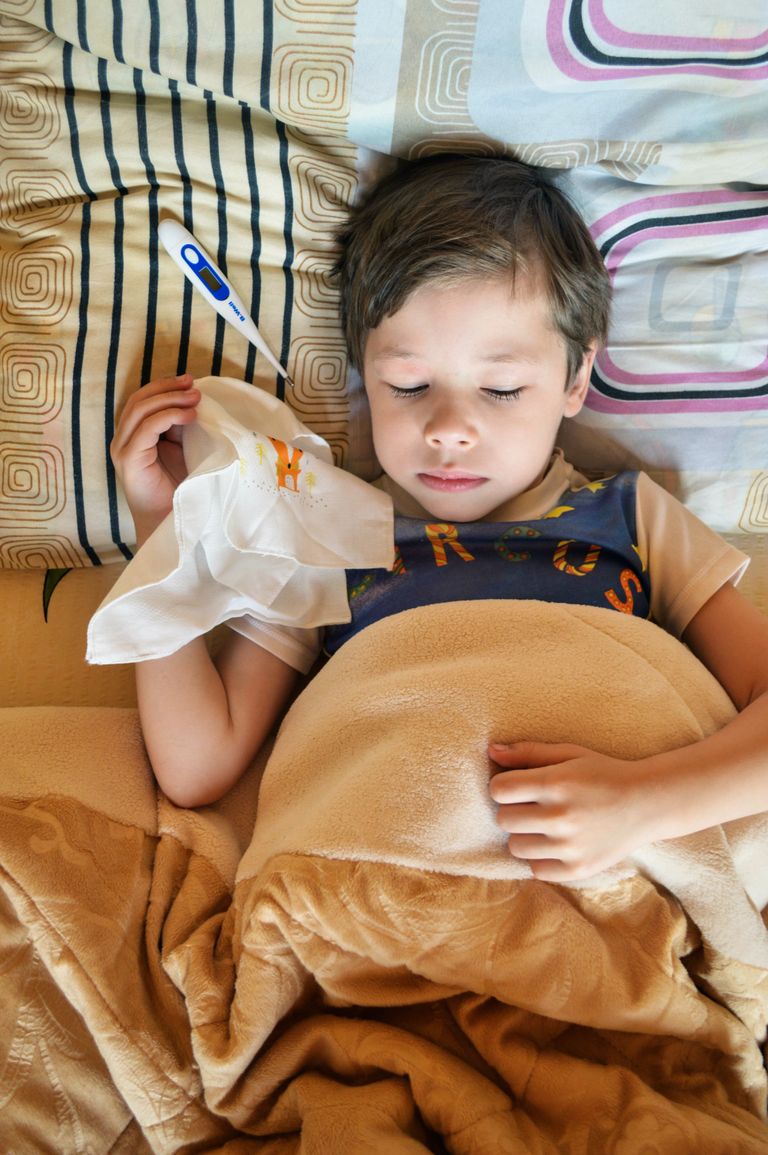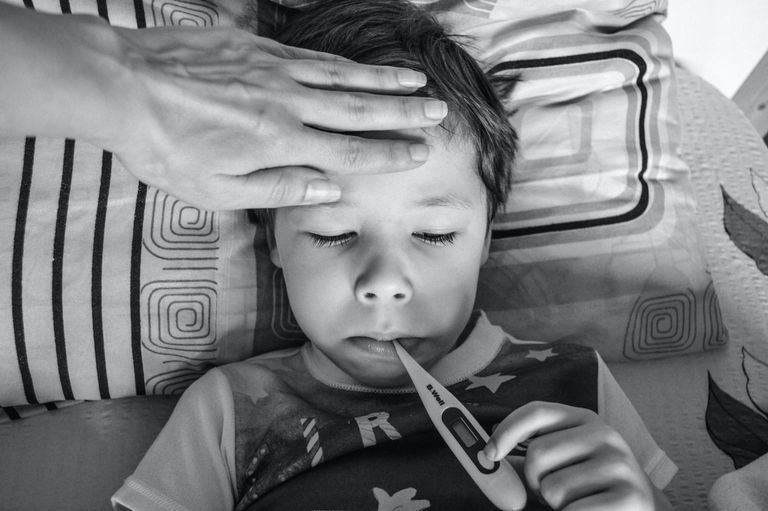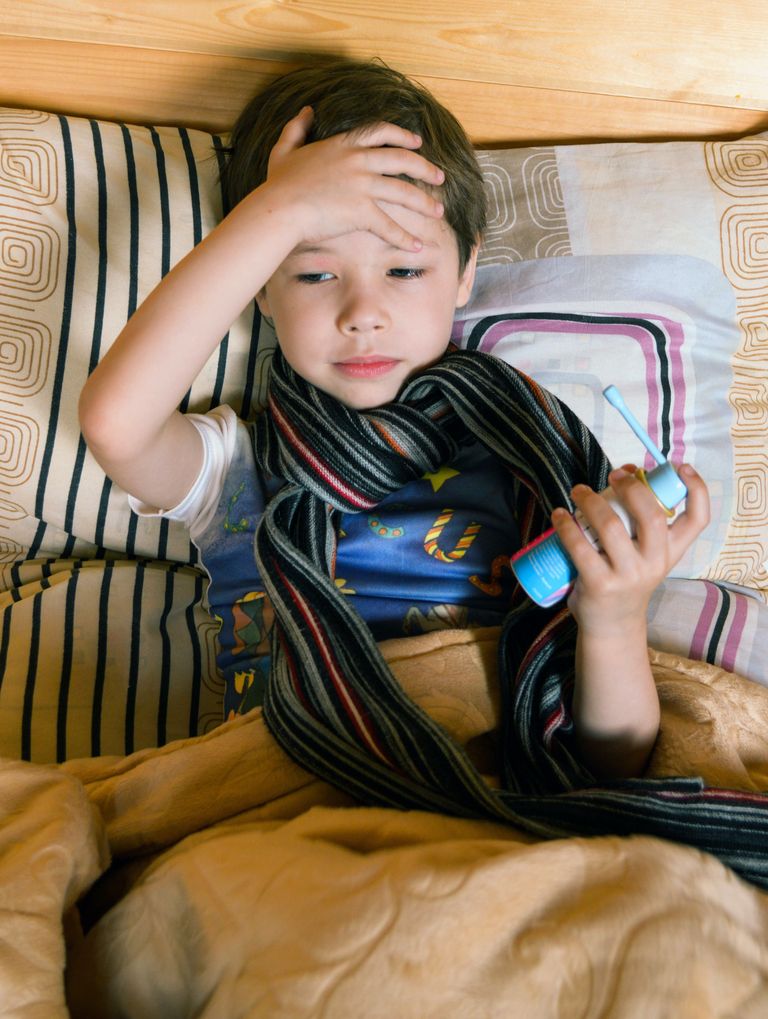But when the headache sufferer is a child, the discomfort can put added anxiety on a parent or caretaker to find out what’s wrong. Add the new Michigan Medicine News Break to your Alexa-enabled device, or subscribe to our daily audio updates on iTunes, Google Play and Stitcher. “Parents can be very worried based on something they’ve read or stories they’ve heard about someone else,” says Steven Leber, M.D., Ph.D., a pediatric neurologist at University of Michigan C.S. Mott Children’s Hospital. “Dangerous headaches are very rare, however, and some simple screening questions can almost always exclude them and reassure the parents.”

Still, the latest C.S. Mott Children’s Hospital National Poll on Children’s Health found that families differ on when to give pain medication and consult a doctor. They may also struggle with whether to go to the emergency room, call their regular provider or wait it out at home. A big factor: symptoms that accompany the headache. A stomachache would prompt 21 percent of surveyed parents to seek medical care; twice as many (40 percent) would do so if a fever occurred with the headache. Just 4 percent would visit an emergency room for a child’s headache. Most — nearly 75 percent — said they’d consult their family physician.
Because headaches are common, it’s important to know when not to worry and how to help your little one feel better.
Leber offered advice and insight for parents.
How to help your child’s headache Ask about their pain: First, calmly assess the situation. “Try to get a description of what the headache feels like — and, more important, if there are other issues going on,” Leber says.
MORE FROM MICHIGAN: Sign up for our weekly newsletter Documenting key information, such as how the child responded to medicine, what seemed to make the child feel better or worse, and if the child has a history of headaches is also helpful to providers. Give pain medication quickly: Some Mott Poll respondents — 1 in 6 — said they would not give a pain medication such as acetaminophen or ibuprofen until their child has seen a doctor. That’s a mistake, Leber says: “The earlier you give it, the more likely it is to work.” But parents shouldn’t administer those drugs on an ongoing basis; doing so can exacerbate headaches. Watch for other symptoms: Headaches with sensitivity to light, noise or sound are more suggestive of a migraine and not a deeper problem. Seek hospital care immediately if the child loses consciousness or has weakness of a limb, or if numbness or tingling in the limbs lasts more than 30 minutes.

Also seek hospital care if a loss of balance, seizures, or fever and stiff neck occur. A headache that gets worse upon lying down could indicate increased pressure in the head caused by a tumor, hydrocephalus or meningitis — although those scenarios are rare. Call your primary care doctor: Barring a true emergency, a child’s pediatrician or family medicine doctor is an appropriate first stop. He or she can collect a detailed patient history and perform a physical exam to decide whether a specialist or referral is needed. Urgent Care vs. Emergency Room: What’s the Difference?
“They’re a wonderful resource; they know the danger signs and when to call for help. They can also provide appropriate treatment.”
Seemingly harmless things can contribute to headaches. These include seasonal changes and school-night anxiety on Sundays. So, too, can a child’s schedule and diet: “Kids get headaches if they’re not getting sufficient or good quality sleep,” Leber notes. “And you can get withdrawal headaches when you suddenly stop drinking caffeine.”
Getting a child back into his or her typical routine after a headache can often be the most effective strategy — to the extent a child is safely able, of course. “Taking your mind off the headache is probably the best treatment we have,” Leber says. Another proven tactic: Go to bed. A headache often feels better after waking up, he adds.
